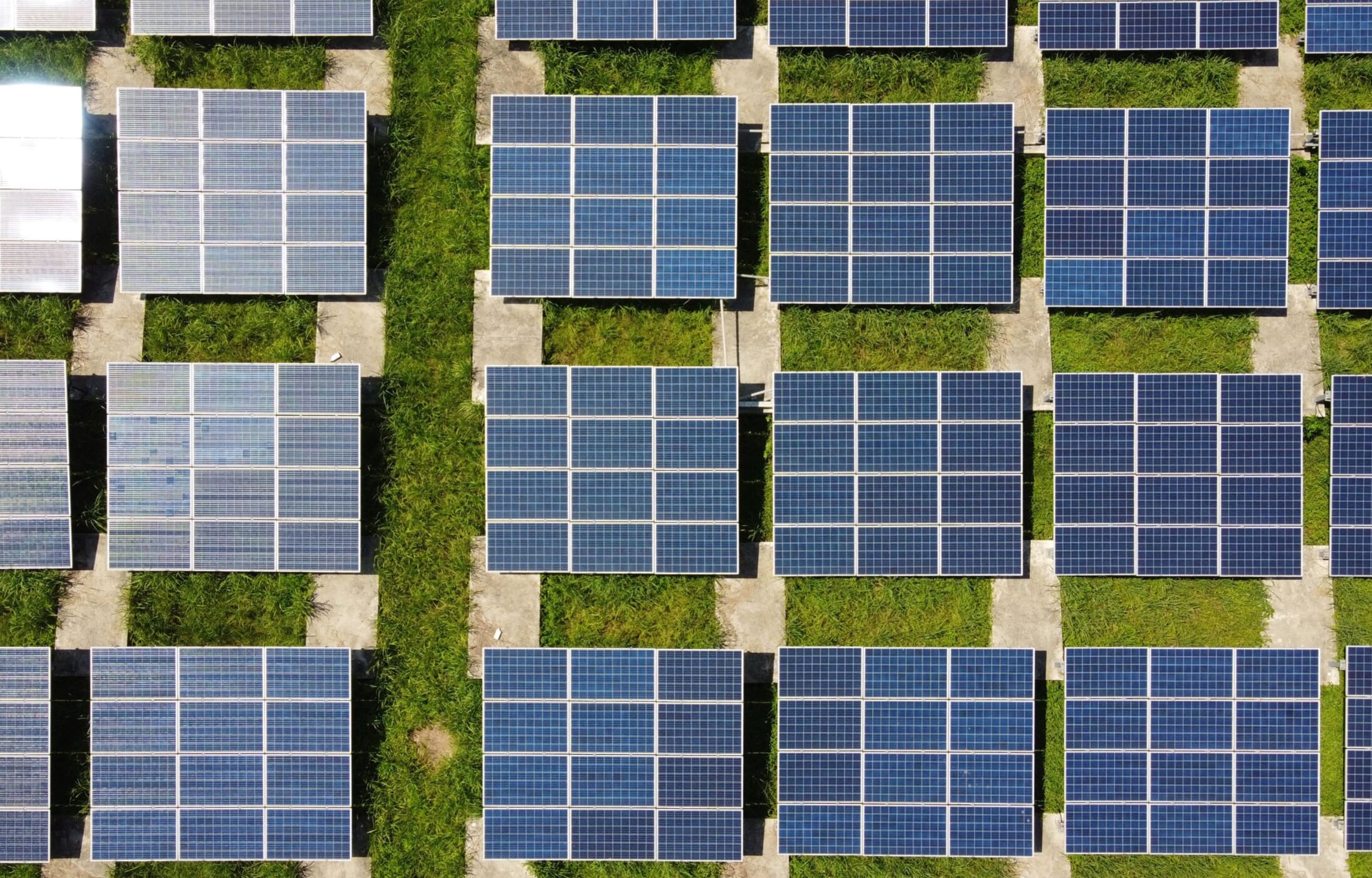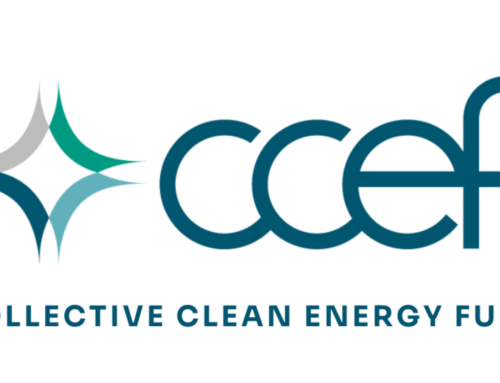What Are Solar Panels?
Solar panels are devices that harness solar power by converting the energy of sunlight into electricity. Common types of solar panels include:
- Monocrystalline solar panels, which are made from silicon from a single source
- Polycrystalline solar panels, composed of various silicon fragments melted together
- Thin-film solar panels, which are malleable and lightweight
- Passivated emitter and read cell (PERC) panels, which use a silicon material backing to increase energy efficiency
How Do Solar Panels Work?
Solar panels work by using photovoltaic (PV) cells, or solar cells, which are made of silicon and other materials. When the sun shines on the cells, it excites the electrons in the silicon and creates a flow of electric current. This electricity can then be used to power homes and businesses, sent to the electrical grid, or stored in batteries for later use. Solar panels are a clean and renewable source of energy, making them an environmentally friendly option for electricity generation.
Benefits of Solar Panels
Solar panels offer numerous benefits to individuals and communities alike. First of all, by utilizing a renewable source of energy, solar panels lower greenhouse gas emissions and reduce dependence on fossil fuels. They contribute to the growth of a green economy and the creation of new jobs in the renewable energy sector.
Furthermore, solar panels can lead to significant cost savings on monthly electricity bills, as well as increased energy independence and security. They also require little maintenance and can last for decades, providing a long-term investment for individuals and businesses. Solar panel costs have also been decreasing, with the technology becoming more refined, effective, and affordable over the years. You can take advantage of tax credits and incentive programs, too!
Here in Colorado, solar panel usage has seen significant growth in recent years, making us one of the leading states in the US for renewable energy adoption. With our abundant sunlight and progressive energy policies, Colorado has become an attractive location for residential, commercial, and industrial solar installations. Our state offers rebates and incentives to encourage the adoption of solar panels, and many utilities also offer net metering programs that allow excess solar energy to be sold back to the grid.
Interested in switching to solar for your home or business? We want to help! At the Colorado Clean Energy Fund, we support Coloradans in their efforts to transition to clean energy. We use the tools we have as a green bank to break down the financial barriers that inhibit access to clean energy for communities across the state. Explore our products and programs here to see how we can help you reach a solar-powered and sustainable future.
Sources:







